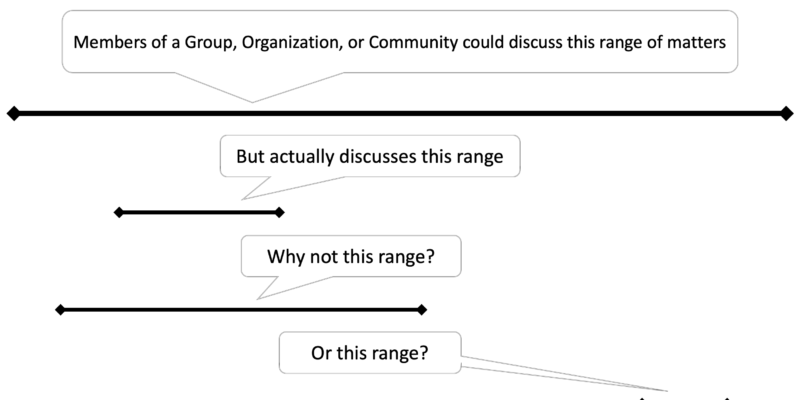A Neuro-Linguist’s Toolbox – Language: The Hierarchy of Ideas
For readers who are new, the “Neuro-Linguist’s Toolbox” series is an ongoing series focused on using Neuro-Linguistic Programming (NLP) in our practice of amicable dispute resolution. The first section focused on rapport (the first of which can be found here). The second section focuses on matters of self-care and personal improvement for mediators (the first…



